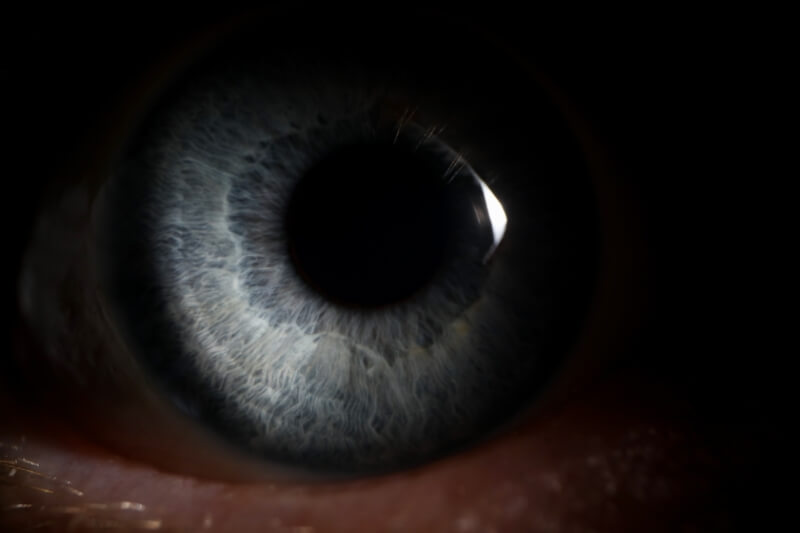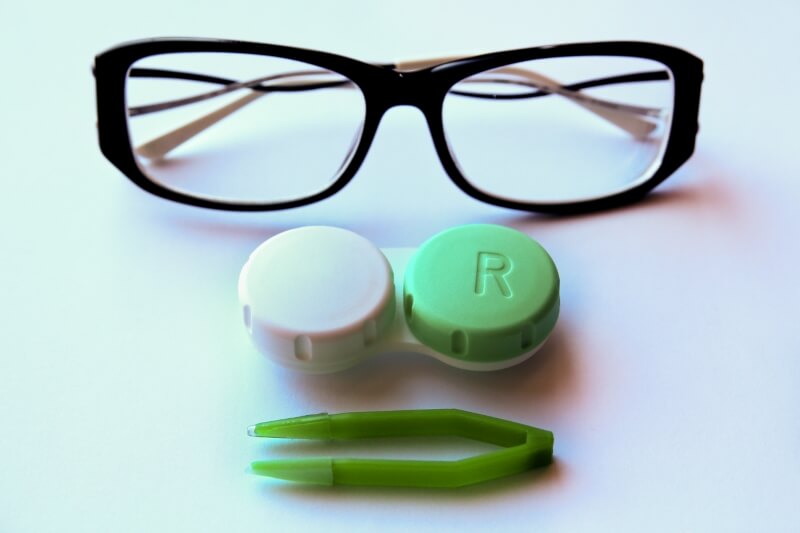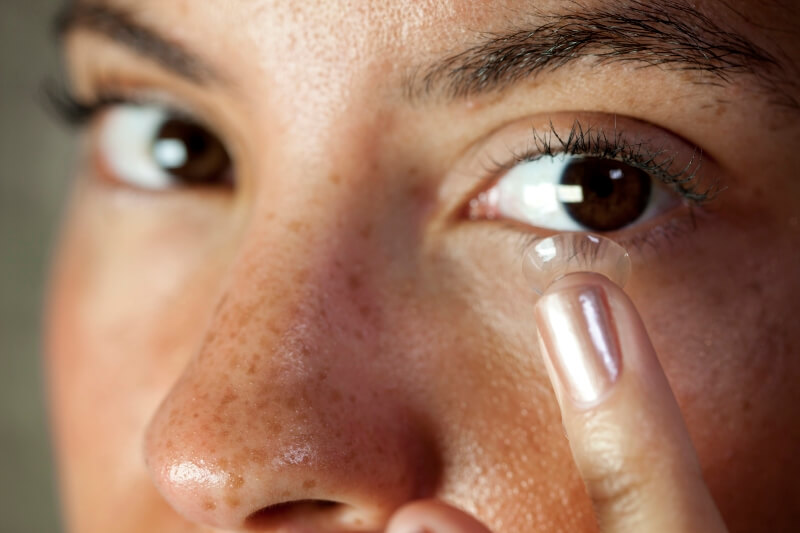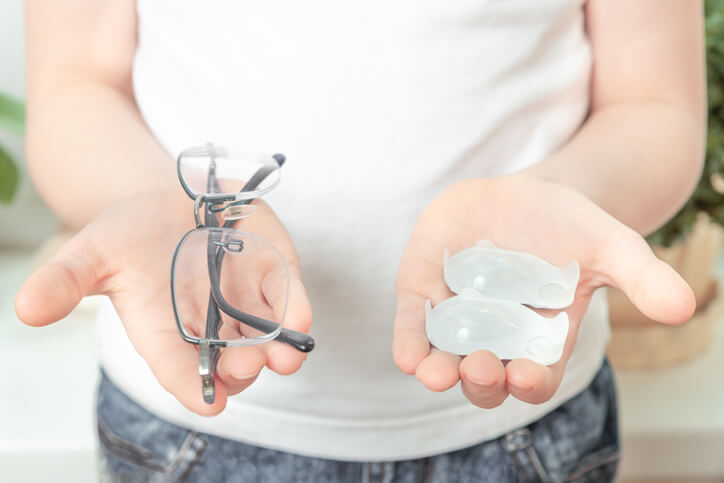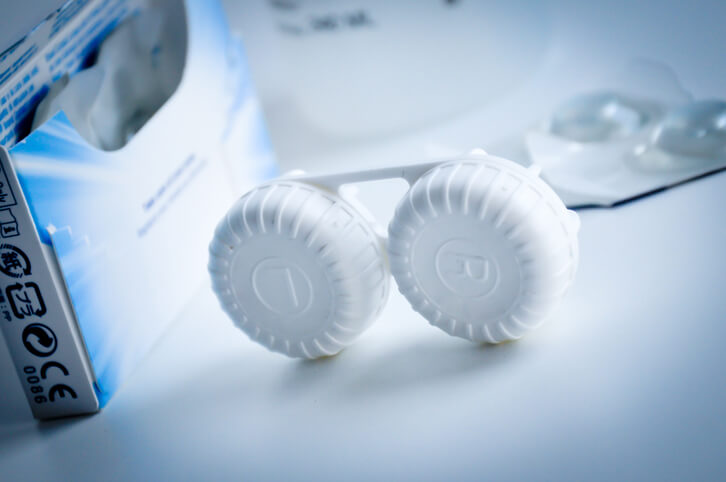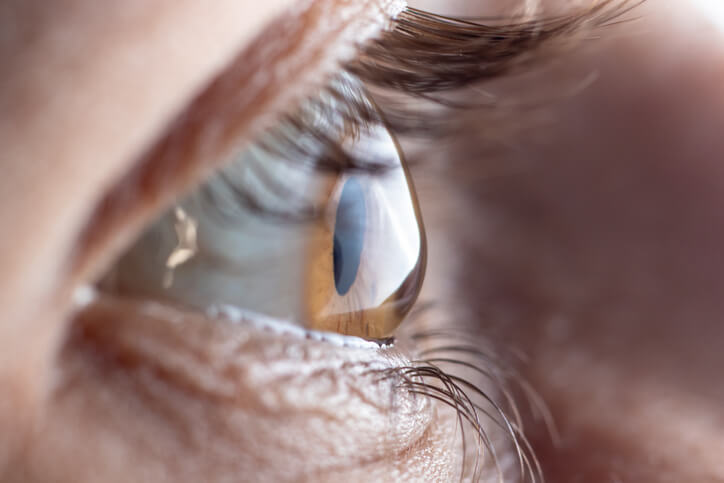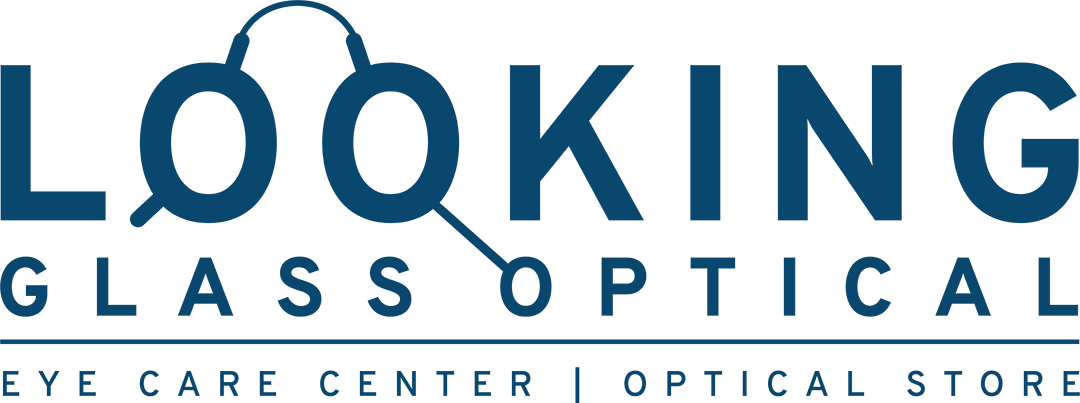Eye colors can indeed be rare! Genetics, geographic location, and ancestral heritage influence the variety and distribution of eye colors in the human population. Brown eyes are generally the most common worldwide, while colors like blue, green, hazel, and significantly more unique shades, such as amber or gray, are less common and rare. TikTok and other social media platforms often feature viral videos showcasing individuals with scarce eye colors, which can capture widespread attention due to their uniqueness. Read on to learn how various eye colors stack up in terms of rarity.
Read more →Keratoconus is a progressive eye disorder that affects the cornea, the transparent front part of the eye. In individuals with keratoconus, the cornea gradually thins and bulges into a cone-like shape, causing distorted vision. This condition often starts during the teenage years or early adulthood and can progress over time.
Read more →Contact lenses provide a convenient and comfortable alternative to glasses for vision correction. Looking Glass Optical wants you to know that if you’re considering switching to contact lenses, it’s important to understand the basics and follow some essential tips to ensure a smooth and successful transition.
Read more →Dr. Teles at Looking Glass Optical often gets this question – Why is it good to have glasses in addition to contacts? Both glasses and contacts can support your eye health throughout your lifestyle and vision needs. Read on for more reasons why you should think about having both glasses and contacts.
Read more →What is an Astigmatism and how can it be treated with contact lenses, and what options are available for contact lenses for Astigmatism? Astigmatism is relatively common and treatable, caused by an imperfection in the eye’s curvature. Of course, contact lens options to correct astigmatism exists. Read on to learn more about corrective contact lens options.
Read more →Are your contacts soaking in microorganisms? Harmful bacteria can grow in your contact case when your lens routine lapses. You might not consider the bacteria growing in your contact case when you care for your lenses. Unfortunately, neglecting your lens case can lead to eye infections. You can reduce your risk of infection by caring for your case as rigorously as you care for your lenses.
Read more →According to the Centers for Disease Control and Prevention (CDC), approximately 8% of all contact lens wearers in the United States are under the age of 18. Contacts for children come with numerous benefits, but are contacts the right option for children? Learn more about what contact lenses can offer young patients and when the best age to start wearing lenses is for children.
Read more →Wearing contact lenses is an excellent way to improve your vision without needing glasses. Some people prefer contacts to glasses because they provide access to full peripheral vision and don’t limit activity. Contact lenses are easy to wear, affordable, and hard to lose. However, if you wear contact lenses, you must know when to change your prescription. Here are some helpful tips for understanding when it’s time to make a trip to the optometrist.
Read more →Myopia, more commonly known as nearsightedness, can begin affecting your child’s development as early as the age of six. The right type of myopia control can aid your child’s ability to learn and safely interact with the world around them. CRT myopia control offers a solution to your child’s nearsightedness without the hassle of daily lens wear.
Read more →Many people start wearing glasses or contacts at an early age. Scheduling regular eye exams will help you monitor your eyes and vision changes. If you have an underlying eye condition affecting your vision, an early diagnosis can help you find a treatment option before your vision worsens. Keratoconus can begin to affect people as early as the age of ten. In the early stages of development, glasses and soft contact lenses can correct vision problems but may not be suitable as the condition progresses. Paragon scleral lenses offer an advanced solution to help manage your keretakones.
Read more →
